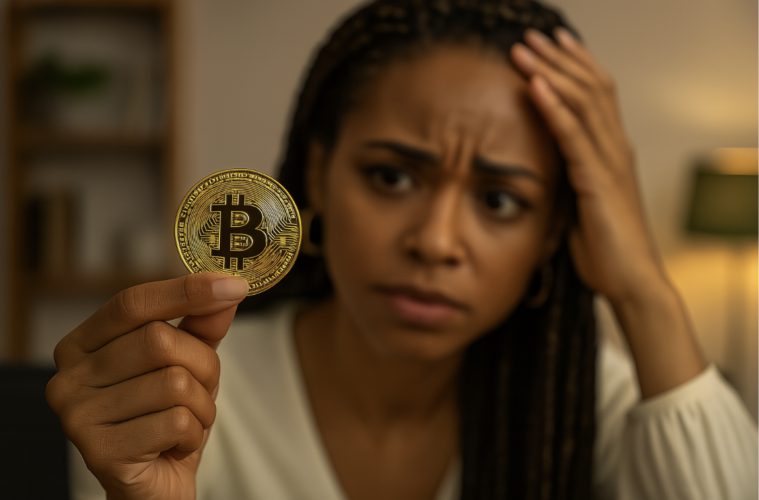From flashy promises of wealth to celebrity-backed campaigns, cryptocurrency has captivated millions—but for women, especially in underserved communities, the stakes are high and the risks are real.
At a national briefing hosted by American Community Media on June 13, financial experts broke down how crypto is being marketed, misunderstood, and in some cases, weaponized against vulnerable users.
Elizabeth Kwok, a former Federal Trade Commission attorney and current managing director at FTI Consulting, urged women to stay alert.
“Scammers use urgency to pressure you—texts, emails, or calls saying you must act now or lose the opportunity,” Kwok said. “If someone is only willing to accept crypto, that’s a red flag. And once you send it, it’s nearly impossible to get it back.”
Crypto fraud isn’t rare—it’s booming. “In the first half of 2024 alone, over $65 million in losses were tied to scams involving Bitcoin ATMs,” she added.
And for many women juggling finances, family, and futures, the lure of quick wealth can come at a devastating cost.
Cantrell Dumas of Better Markets shared that while crypto has been sold as a financial equalizer, it often exacerbates existing inequalities. “Black and Latino consumers are more likely to use crypto, yet they face the biggest losses when prices crash or scams hit,” he said. “Speculative assets carry risks that may not be fully understood.”
Bitcoin ATMs, disproportionately located in low-income communities, were cited as a key concern. “Fees can exceed 20%, and many don’t allow you to cash out,” Dumas explained.
Still, the technology isn’t all bad, according to Tyrone Ross, a financial advisor and early crypto adopter who grew up in a home without a bank account.
“Everyone deserves access to financial services, independent of race, job, or zip code,” Ross said. “Crypto gives you the power to move money instantly—even if it’s a holiday or the weekend. That’s life-changing when you need to pay rent or buy food.”
Yet with that power comes a need for caution.
“Treat crypto like cash,” Kwok warned. “If you wouldn’t hand someone $1,000 in a back alley, don’t send them crypto on a whim.”
As more women are targeted by flashy crypto ads and influencer endorsements, education is key.
“Ask questions. Slow down. If it sounds too good to be true, it probably is,” Kwok said.
Crypto may hold promise, but without protections, many women could be left holding the bag—while others cash in on their hopes.

